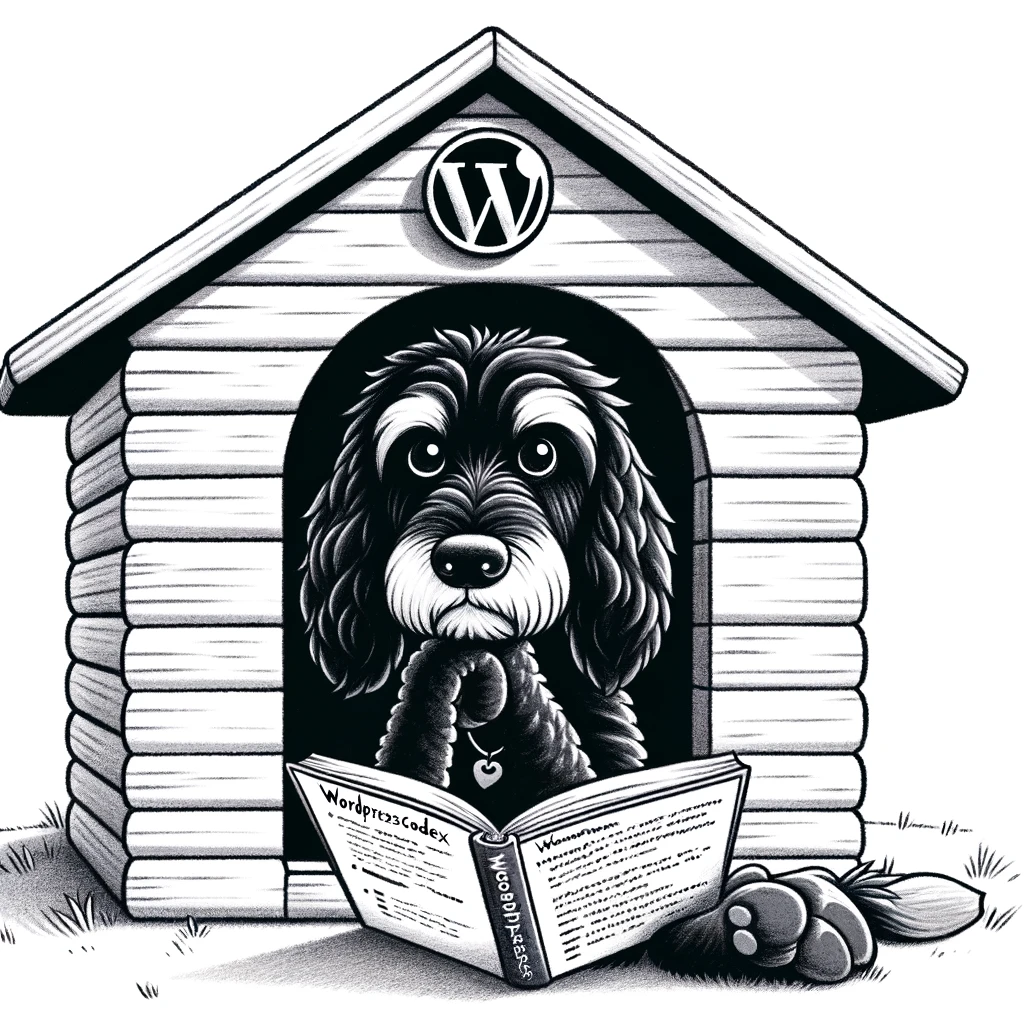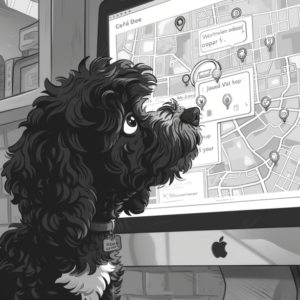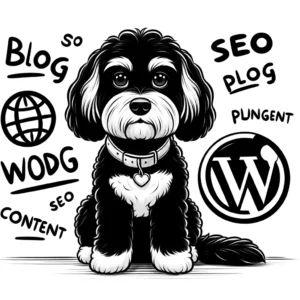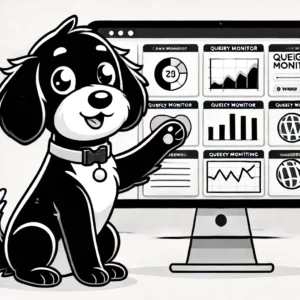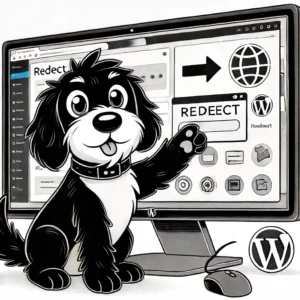Getting Started with WordPress
Before diving into the world of WordPress, it’s essential to understand its components and capabilities. This section will guide beginners through the initial steps of using WordPress, from navigating the dashboard to creating and managing content.
Introduction to WordPress
WordPress, a comprehensive content management system (CMS), empowers users to create and manage websites without needing extensive programming knowledge. It is ideal for developers and beginners alike, offering both simplicity for novices and complexity for the experienced. The WordPress Codex provides a plethora of information and documentation for users at any level.
Creating and Managing Content
With WordPress, adding and updating content on a website is straightforward. Users can publish posts and create pages to display information, utilizing an intuitive editor that allows for direct editing and formatting. Media can be easily uploaded and integrated into content, enhancing the visual appeal and functionality of the site.
WordPress Dashboard Overview
After logging in, users are greeted by the WordPress Dashboard, a central hub for managing all aspects of a website. From here, one can update WordPress software, manage plugins, customize themes, and much more. The dashboard’s layout is designed to be user-friendly, ensuring that new users can navigate and manage their websites with ease.
WordPress Development Essentials
Key components of WordPress development include understanding its structure, the ability to customize themes, develop plugins, and navigate through the core WordPress functions and code. A mastery of these elements contributes to effective and efficient WordPress development.
Themes and Customization
In WordPress, themes control the presentation and design of your website. Developers can add, remove, or modify aspects of a theme to tailor the appearance and functionality to specific needs. The WordPress Codex provides comprehensive documentation on theme essentials, such as template files, which hold the underlying PHP code, and style sheets that dictate visual styles. WordPress coding standards should be followed to ensure consistency and maintainability.
Plugin Development
Plugins extend the functionality of WordPress websites. They can be as simple as a single PHP file or a complex system of files, functions, hooks, and classes. When developing plugins, one should adhere to the Plugin Development guidelines provided by the WordPress Codex. Developers often use hooks to add or update plugin features, ensuring seamless integration with WordPress core.
Core WordPress Functions and Code
The core WordPress code includes built-in functions and hooks central to WordPress’s functionality. Developers must understand how to use WordPress’s code reference for looking up core functions, classes, methods, and hooks. A solid grasp of PHP and MySQL is also essential as they are the backbone of WordPress. The development team constantly updates the core to improve and introduce features, security, and performance which developers must keep pace with for optimal site functionality.
